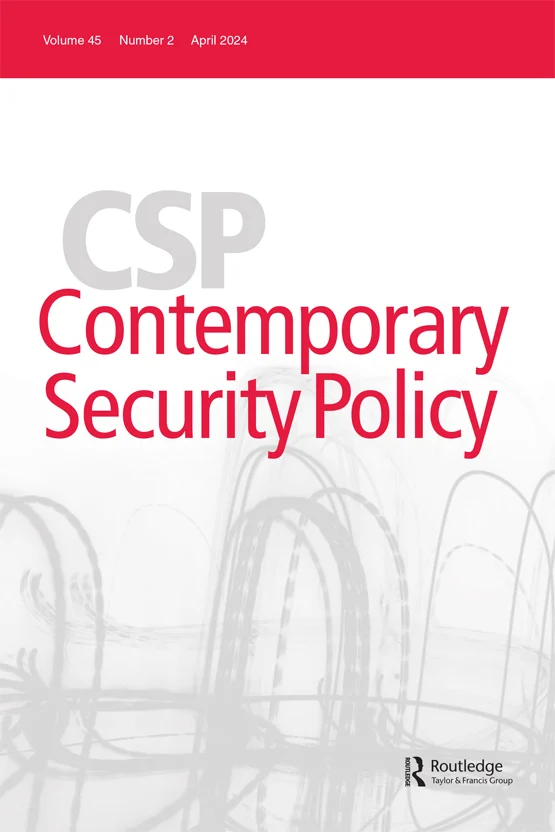授权结构如何影响欧盟外交政策中的代理人自由裁量权?来自诺曼底模式和利比亚问题联络小组的证据
IF 5
1区 社会学
Q1 INTERNATIONAL RELATIONS
引用次数: 2
摘要
在过去的十年中,尽管高级代表的任务是确保里斯本条约下这一政策领域的一致性,但非正式集团在欧盟外交政策中激增。本文分析了选定的欧盟成员国绕过欧盟框架,通过非正式分组对某些政策问题采取行动的决定如何影响高级代表的回旋余地。根据委托-代理模型,非正式分组的出现被概念化为病态授权的表现,这破坏了高级代表的作用。研究结果揭示了在委托异常情况下可能增加代理人自由裁量权的两个因素:成员国对非正式分组偏好的低异质性和同一领域代理人之间的互动,促进了代理人的绩效。本文通过考察代理在委托异常情况下的自由裁量权,对研究国际组织委托与代理的学者有一定的借鉴意义。本文章由计算机程序翻译,如有差异,请以英文原文为准。
How does delegation structure shape agent discretion in EU foreign policy? Evidence from the Normandy Format and the Contact Group on Libya
ABSTRACT Informal groupings have proliferated in EU foreign policy over the past decade, despite the enhanced role of the High Representative tasked with ensuring the coherence of this policy domain under the Lisbon Treaty. This article analyzes how the decision of select EU member states to act on certain policy issues through informal groupings, bypassing the EU framework, affects the High Representative’s room for maneuver. Drawing on the principal-agent model, the emergence of informal groupings is conceptualized as a manifestation of pathological delegation, which undermines High Representative’s role. The findings reveal two factors that may nevertheless increase the agent’s discretion in cases of delegation anomalies: the low heterogeneity of member state preferences toward the informal grouping and the interaction between agents in the same domain, facilitating agent’s performance. By examining agent's discretion when delegation anomalies arise, the article may be useful for scholars investigating delegation and agency in international organizations.
求助全文
通过发布文献求助,成功后即可免费获取论文全文。
去求助
来源期刊

Contemporary Security Policy
Multiple-
CiteScore
14.60
自引率
6.80%
发文量
22
期刊介绍:
One of the oldest peer-reviewed journals in international conflict and security, Contemporary Security Policy promotes theoretically-based research on policy problems of armed conflict, intervention and conflict resolution. Since it first appeared in 1980, CSP has established its unique place as a meeting ground for research at the nexus of theory and policy.
Spanning the gap between academic and policy approaches, CSP offers policy analysts a place to pursue fundamental issues, and academic writers a venue for addressing policy. Major fields of concern include:
War and armed conflict
Peacekeeping
Conflict resolution
Arms control and disarmament
Defense policy
Strategic culture
International institutions.
CSP is committed to a broad range of intellectual perspectives. Articles promote new analytical approaches, iconoclastic interpretations and previously overlooked perspectives. Its pages encourage novel contributions and outlooks, not particular methodologies or policy goals. Its geographical scope is worldwide and includes security challenges in Europe, Africa, the Middle-East and Asia. Authors are encouraged to examine established priorities in innovative ways and to apply traditional methods to new problems.
 求助内容:
求助内容: 应助结果提醒方式:
应助结果提醒方式:


